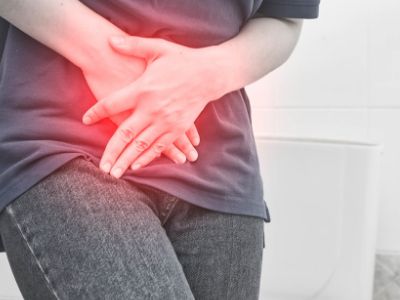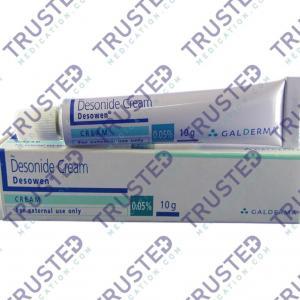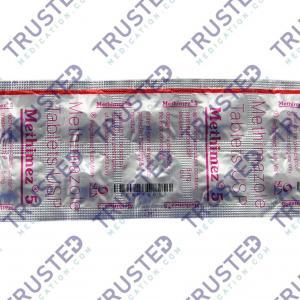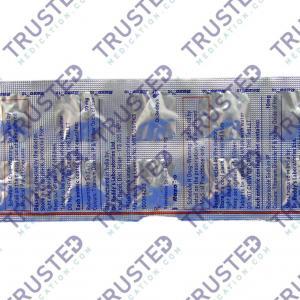
Osteoporosis causes bones to become weak and brittle so brittle that a fall or even mild stresses such as bending over or coughing can cause a fracture. Hip fractures, wrist, and spine fractures are the most common osteoporosis-related fractures. Bone is living tissue that is constantly being broken down and replaced. Osteoporosis occurs when the creation of new bone doesn’t keep up with the loss of old bone.
Osteoporosis affects men and women of all races. White and Asian women, in particular, especially older women who are past menopause, are at the most risk. Bone loss can be prevented or strengthened with medicines, healthy eating, and weight-bearing exercise.

Symptoms of Bone Loss
- Loss of height or getting shorter by an inch or more
- Changes in posture
- Stooping or bending forward
- Shortness of breath due to compressed disks
- Bone fractures
- Pain in the lower back
- Your Changing Bones
Your body needs the minerals calcium and phosphate to make and keep healthy bones.
- You continue to reabsorb old bone while creating new bone throughout your life. Your entire skeleton is replaced about every 10 years, though this process slows as you get older.
- Your bones remain strong and healthy as long as your body has a good balance of old and new bones. An individual loses bone when they resorb more old bone than they create.
- Sometimes bone loss occurs without any known cause. Some bone loss with aging is normal for everyone and some bone loss run in families and the disease is inherited.
What are the Causes and Risk Factors of Bone Loss?

- Gender and age
- Family history and race
- Body frame size
- Sex hormones and thyroid problems
- Low calcium intake and eating disorders
- Gastrointestinal issues
- Long-term use of corticosteroid medications
- Sedentary lifestyle and unhealthy diet
Generally, white, older women are the most likely to have bone loss. This increases their risk of breaking a bone. The process of destroying too much bone, or the failure to make enough bone, can lead to brittle, fragile bones.
How to Diagnose Bone Loss?
Your doctor will most likely order a bone density scan to diagnose osteoporosis, assess your risk of fracture, and decide whether you need treatment. This exam is used to measure bone mineral density. Bone density measurements are frequently performed by dual-energy x-ray absorptiometry or dual-energy x-ray absorptiometry.
What is the Treatment for Bone Loss?
Treatments include dietary changes, proper exercise, and health supplements. Quit smoking and limit your alcohol intake to keep your bones healthy.








